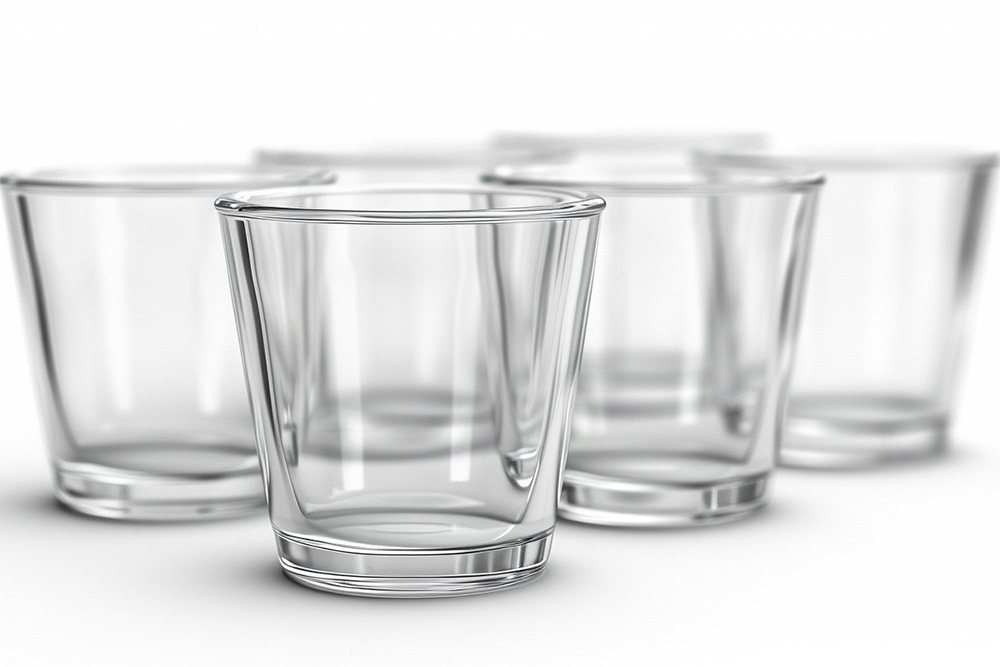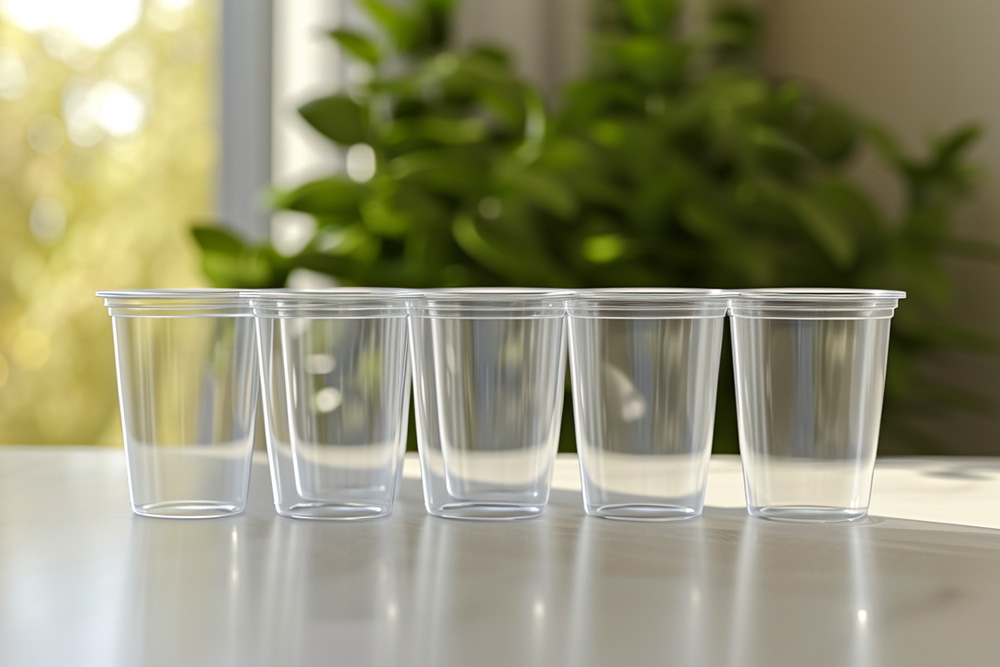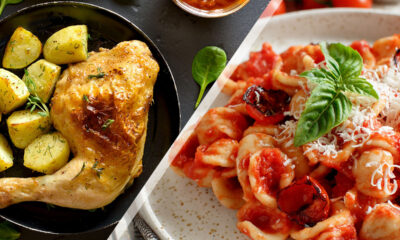ENGLISH SECTION
How Many Cups in a Liter: Your Essential Guide

How Many Cups in a Liter: A Simple and Easy-to-Understand Explanation for Everyday Use
Engaging in culinary arts requires a basic understanding of volume conversion. How many cups in a liter is a question frequently encountered in the kitchen, especially when dealing with international recipes. Let’s dive into the practical aspects of converting liters to cups for your culinary delights. Whether you’re baking a cake or preparing a stew, getting your measurements right is crucial for the desired outcome. This section will serve as your go-to guide for all things related to cooking and baking measurements.
Converting Recipes: Cups to Liters
Adapting recipes from one measurement system to another can be a bit of a challenge, particularly when you’re dealing with volume. This section focuses on converting cups to liters, a common need when you’re exploring recipes from different parts of the world. Understanding this conversion is key to maintaining the integrity of a dish’s flavor and texture. We’ll provide you with easy-to-follow steps and tips to ensure your culinary experiments are successful, regardless of the origin of the recipe.
How Many Cups in a Liter: A Simple Explanation
When it comes to understanding how many cups are in a liter, the answer is straightforward. In simple terms, one liter is equivalent to about 4.22675 cups. To put it in even simpler language, think of it like this: if you have a one-liter bottle, you can fill slightly more than four standard-sized cups with it. This conversion is incredibly useful in everyday situations, especially in cooking and baking, where precise measurements can make all the difference. So, remember, for every liter, you can fill just over four cups.
Everyday Uses of Liter and Cup Measurements
Volume measurement isn’t just confined to the kitchen; it’s part of our daily life. From measuring cleaning solutions to watering plants, the conversion of liters to cups comes in handy in various household tasks. This section will explore the numerous ways we use these measurements in everyday life and how a clear understanding of their conversion can make these tasks more efficient.
Creative Ways to Measure Without Tools
Ever found yourself needing to measure a liquid but didn’t have a measuring cup at hand? This segment offers innovative and practical ways to estimate liters and cups using common household items. These tips are not only useful in a pinch but also fun to learn and apply.
Teaching Volume Conversion to Kids
Introducing concepts like liters, cups, and their conversion can be a delightful educational activity for children. This section will provide you with engaging and simple methods to teach kids about volume measurement. Through interactive and fun activities, you can lay the foundation for their understanding of basic measurement concepts.
Fun and Educational Activities
To further cement the concept of volume conversion in a fun way, here are some engaging activities and games. These are designed to make learning about liters and cups enjoyable for both kids and adults. Whether it’s through cooking projects or interactive games, this part of the article promises to make education a joyful experience.
Importance in Scientific and Professional Fields
Volume measurement and its accurate conversion are crucial in many professional and scientific fields. This section highlights the significance of knowing how many cups are in a liter in various professions, including science, healthcare, and engineering. Accurate volume measurement is not just about convenience but can be critical in terms of safety and efficacy in these fields.
Advanced Conversion Techniques
For those requiring more precise and advanced volume conversion techniques, this part of the article delves deeper. It addresses more complex scenarios where a standard conversion might not be sufficient, such as dealing with varying densities and temperatures. This is particularly useful for professionals and enthusiasts who seek a deeper understanding of volume conversion.

Volume Measurement in Different Cultures
Volume measurement can vary significantly across cultures. This section explores how different societies measure volume, focusing on the liter and cup measurements. Understanding these differences is essential for travelers, chefs, and anyone interested in international cuisines and practices.
How Conversion Varies Internationally
Volume measurement is not uniform globally, which can lead to confusion and errors. This part of the article sheds light on the international variations in volume measurement and their implications for converting between liters and cups. Whether you’re a student, a professional, or just someone who loves cooking international recipes, this insight is invaluable.
Digital Tools for Conversion
In the age of technology, digital tools have simplified many aspects of our lives, including volume conversion. This section introduces the best digital tools and applications available for converting liters to cups. Whether you’re a student, a professional, or just someone needing a quick conversion in the kitchen, these tools can provide accurate results effortlessly. We’ll look at a variety of apps and online calculators that can make these conversions a breeze.
How Technology Simplifies Measurement
The advent of technology has revolutionized how we approach measurements. This part of the article discusses how technological advancements have made it easier and more accurate to convert between liters and cups. From digital scales to smart kitchen gadgets, technology has enhanced our ability to measure volumes precisely, saving time and reducing errors.
Common Mistakes in Conversion
Even with the best intentions, mistakes can happen while converting measurements. This section highlights the most common errors people make when converting liters to cups and how to avoid them. By being aware of these pitfalls, you can ensure more accurate measurements, whether for recipes, scientific experiments, or any other application.
Tips to Ensure Accurate Measurement
Accuracy is key in volume conversion. This part of the article provides practical tips and tricks to ensure you’re measuring volumes accurately. These tips will be especially useful in cooking and baking, where precise measurements can make the difference between success and failure.
Understanding Density and its Effect
Density plays a crucial role in volume measurement. This section delves into how the density of a substance affects its volume and, consequently, the conversion between liters and cups. Understanding this concept is vital for accurate measurements in various scientific and culinary contexts.

Converting Other Units to Liters and Cups
Volume conversion isn’t limited to just liters and cups. This part of the article expands your knowledge by teaching you how to convert various units of measurement into liters and cups. Whether it’s pints, quarts, or gallons, this guide will cover all the essentials, making you a conversion expert.
Case Studies: The Importance of Accurate Conversion
Real-life examples can be powerful in understanding the importance of accurate volume conversion. This section includes case studies demonstrating the impact of precise measurement in cooking, science, and other fields. These stories highlight how a simple measurement error can have significant consequences.
Impact of Measurement Errors
Understanding the potential impact of measurement errors is crucial. This part of the article discusses what can go wrong when measurements are inaccurate and why precision is so important. From culinary disasters to scientific inaccuracies, the consequences of getting it wrong are explored in detail.
Frequently Asked Questions
How do you accurately convert liters to cups in cooking?
Accurate conversion is essential in cooking to ensure your recipes turn out as intended. This answer provides simple steps and tips to convert liters to cups accurately.
Can the same conversion be used for all types of liquids?
Most liquids follow the same conversion, but this answer explores exceptions and special considerations for different types of liquids.
How does temperature affect volume measurement?
Temperature can have a significant impact on volume. This response explains how why, and what to consider when measuring hot or cold liquids.
What are some quick tips for remembering conversion ratios?
Memorizing conversion ratios can be challenging. This answer offers easy-to-remember tips and tricks to keep the conversions at your fingertips.
How can I teach my kids about volume conversion in a fun way?
Engaging children in learning about volume conversion can be fun. This answer suggests creative and educational activities.
Are there any mobile apps that can help with these conversions?
The digital age offers many tools to assist with conversions. This answer reviews some of the best mobile apps for this purpose.
Wrapping Up: Mastering Volume Conversion
In conclusion, understanding how many cups are in a liter is more than just a basic cooking requirement; it’s a skill that has broad applications in various aspects of life. From the kitchen to the laboratory, accurate volume conversion is essential. This article has covered everything from basic conversions to advanced applications, ensuring that you’re well-equipped to handle any situation that requires accurate volume measurement.

 LIFESTYLE7 μήνες ago
LIFESTYLE7 μήνες agoΟι καλύτερες ευχές για μια ξεχωριστή καληνύχτα

 LIFESTYLE7 μήνες ago
LIFESTYLE7 μήνες agoΜαγικές εικόνες για καλημέρα: Ομορφιά & θετική ενέργεια

 LIFESTYLE1 έτος ago
LIFESTYLE1 έτος agoΕυχές γενεθλίων για παιδιά που θα μείνουν αξέχαστες

 LIFESTYLE7 μήνες ago
LIFESTYLE7 μήνες agoΓλυκές ευχές & μαγικές εικόνες για καληνύχτα

 LIFESTYLE12 μήνες ago
LIFESTYLE12 μήνες ago105 Ονόματα για γάτες που ξεχωρίζουν

 LIFESTYLE1 έτος ago
LIFESTYLE1 έτος agoΤι να μαγειρέψω σήμερα; 10 εύκολες και γρήγορες συνταγές

 ΑΣΤΡΟΛΟΓΙΑ1 έτος ago
ΑΣΤΡΟΛΟΓΙΑ1 έτος agoΠαρθένος με ωροσκόπο Σκορπιό συμβατότητα & χαρακτηριστικά

 LIFESTYLE1 έτος ago
LIFESTYLE1 έτος ago5 Μικρόσωμα σκυλιά που αγαπούν το παιχνίδι και τα χάδια































